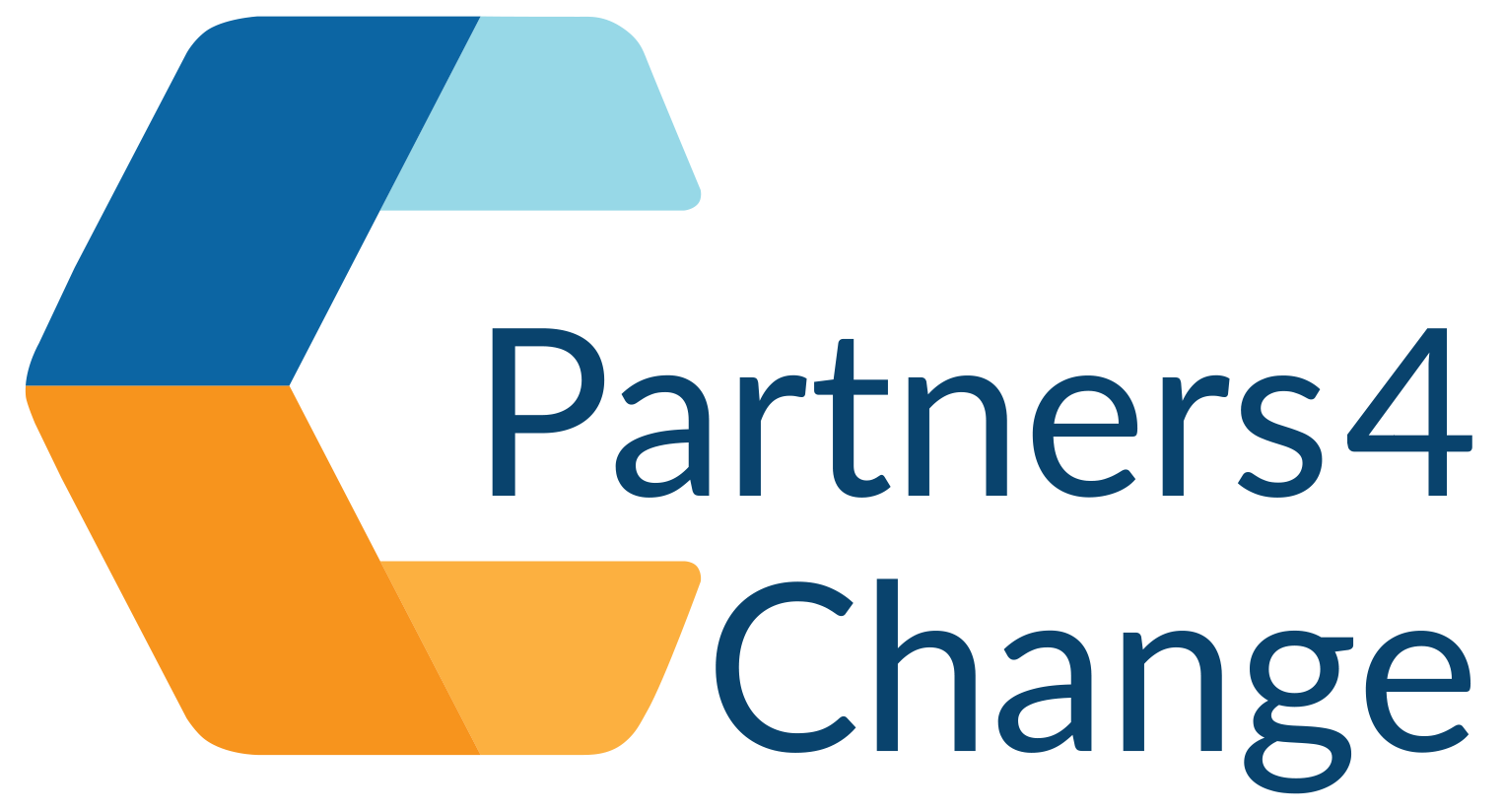Occupational Therapy & The Three Conversations®
Occupational Therapists (OT) are interested in how a person interacts with their environment, and the impact that this has on their daily life. The Royal College of Occupational Therapy (RCOT) defines occupation as “the practical and purposeful activities that allow people to live independently and have a sense of identity”.
This could be anything from essential day to day activities such as self-care, all the way through to work commitments or leisure activities.
OTs consider how these occupations are:
• Motivated: what are the person’s values, interests and motivations?
• Patterned: how behaviour is organised, such as daily tasks and the development of regular routines.
• Performed: how the person performs the components and overall function of the activity.
The ‘outcomes’ from an OT perspective, focus on how a person functions at an optimal level despite any barriers that they may face. We analyse, and then adapt and modify activities whilst considering all the physical, psychological, social and environmental needs of the person.
So, how does an OT work within The Three Conversations®? How do we support people to have a renewed sense of purpose, widen their horizons, and improve how they feel about the future?
The Three Conversations® approach and the OT’s role.
Conversation 1: Broadly, this involves listening and connecting people with a strong focus on sustaining their independence. An OT’s skills in optimising independence ensures that, through the conversation at this level, the outcome for people is that they can get on and live their lives. For example, equipment and/or adaptations may remove environmental barriers thus enabling a person to live independently. Or perhaps supporting someone in their ability to use a computer will enable them to keep in contact with family or play interactive games online which will help to facilitate their sense of independence.
Conversation 2: These conversations aim to support people intensively through a crisis. It is here that we would consider what needs to change urgently to regain stability, and longer-term resilience. Again, OTs can respond and support through their interventions to restore or provide adaptive solutions to enable the person to return to a position of stability. For example, OTs may be involved in both delivering or commissioning short term reablement support to restore a person to optimum independence or could use activity analysis to establish a graded programme of intervention to support a recovery model in Mental Health. Equally, it is at this point where the provision of specialist equipment or adaptations to ensure that the person can complete the task or function with greater, or complete, independence would be added into the mix.
Conversation 3: This conversation considers how a person can build a good life and what longer term support is available from the person’s own resources and networks, or through a fair personal budget. OTs can contribute to planning and organising support ensuring optimum independence within the support arrangements. For example, OTs can contribute to planning how a person’s long-term care and support needs can be met whilst ensuring their independence is maintained as far as is possible. This could include advice on manual handling techniques to ensure that the support arrangements are sustainable or exploring housing arrangements or adaptations which will ensure that the person can remain living at home with reduced barriers caused by their environment.
Having personally had the opportunity to work with people using The Three Conversations® in Adult Social Care, I feel it provides a much more collaborative approach, where we are able to work with the individual, their families and other professionals involved, so that we can support them rather than implement a formulaic list of questions which must be responded to. This has proved to be personally and professionally liberating, as a way of working. By enabling a truly person centred and proportionate approach through Occupational Therapy, we are able to do the jobs we trained to do. It no longer feels that “assessment” is a one size fits all process, but instead a set of meaningful conversations leading to meaningful outcomes. It has been a real privilege to work with like-minded OTs, who, through this approach are developing real innovations and are able to respond to the high demand for OT services through liberating OTs to respond at a level which is tailored to each individual’s needs.
Many thanks to Medway and West Sussex OT’s who through their innovative work have contributed to this blog.
